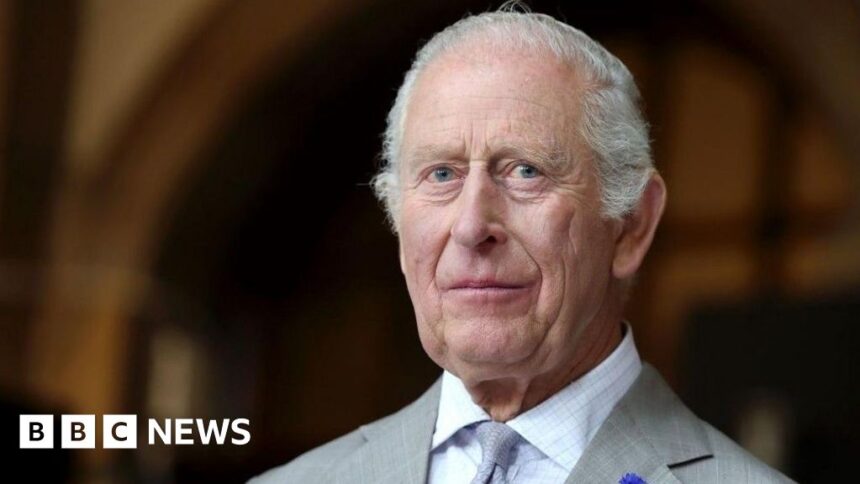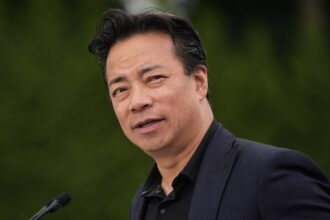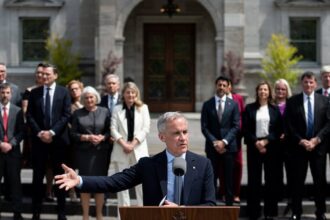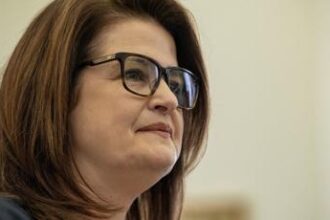In a moment that bridged centuries of constitutional tradition with modern Canadian identity, King Charles III addressed Parliament in Ottawa yesterday, becoming the first British monarch to do so since his mother’s historic visit in 1982. The King’s appearance in Canada’s architectural centerpiece of democracy represented more than mere ceremony—it underscored the evolving relationship between Canada and the Crown at a pivotal moment for both institutions.
“Canada stands as a beacon of stability and progress in an increasingly uncertain world,” the King declared to the assembled parliamentarians, his voice echoing through the meticulously restored Senate chamber. “The ties that bind our nations have weathered centuries of change, yet remain resilient through their capacity to evolve.”
The royal visit comes amid significant political developments in Canada, where Prime Minister Justin Trudeau’s government faces mounting challenges on economic policy and provincial relations. Sources close to the government suggest the timing was deliberately calculated to invoke a sense of institutional continuity during domestic political turbulence.
“The monarchy represents stability above partisan politics,” explained Dr. Catherine Wallace, constitutional historian at the University of Toronto. “Having the King address Parliament now sends a powerful message about institutional permanence that transcends the electoral cycle.”
Security for the royal visit transformed Ottawa’s downtown core, with the RCMP implementing unprecedented measures following months of preparation. Local businesses reported mixed economic impacts, with tourism surging while some downtown establishments faced accessibility challenges due to security perimeters.
Indigenous leaders played a prominent role in the visit, with the King participating in a special reconciliation ceremony before his parliamentary address. Grand Chief Serge Simon of the Mohawk Council noted, “While we acknowledge the painful colonial history, these moments of recognition create space for necessary dialogue about our shared future.”
Political analysts note the carefully calibrated nature of the King’s remarks, which touched on climate change, economic cooperation, and Canada’s humanitarian contributions without straying into controversial territory. The speech emphasized shared values while respecting Canadian sovereignty—a delicate balance reflecting the Crown’s modern constitutional role.
“What we witnessed was constitutional monarchy in its contemporary form,” observed former Canadian diplomat Richard Harbinson. “The King fulfilled his role as symbol of state while scrupulously avoiding any appearance of interference in domestic Canadian policy.”
The visit has reignited discussions about Canada’s constitutional future, with recent polling showing Canadians divided on the monarchy’s relevance. A Royal Canadian Institute survey last month found 48% of respondents support maintaining constitutional ties to the Crown, while 39% favor eventual transition to a republic, with the remainder undecided.
As the King continues his Canadian tour through Quebec and British Columbia in coming days, the question remains: in an era of rapid social change and evolving national identity, what role will the Crown play in Canada’s constitutional framework for future generations?
























